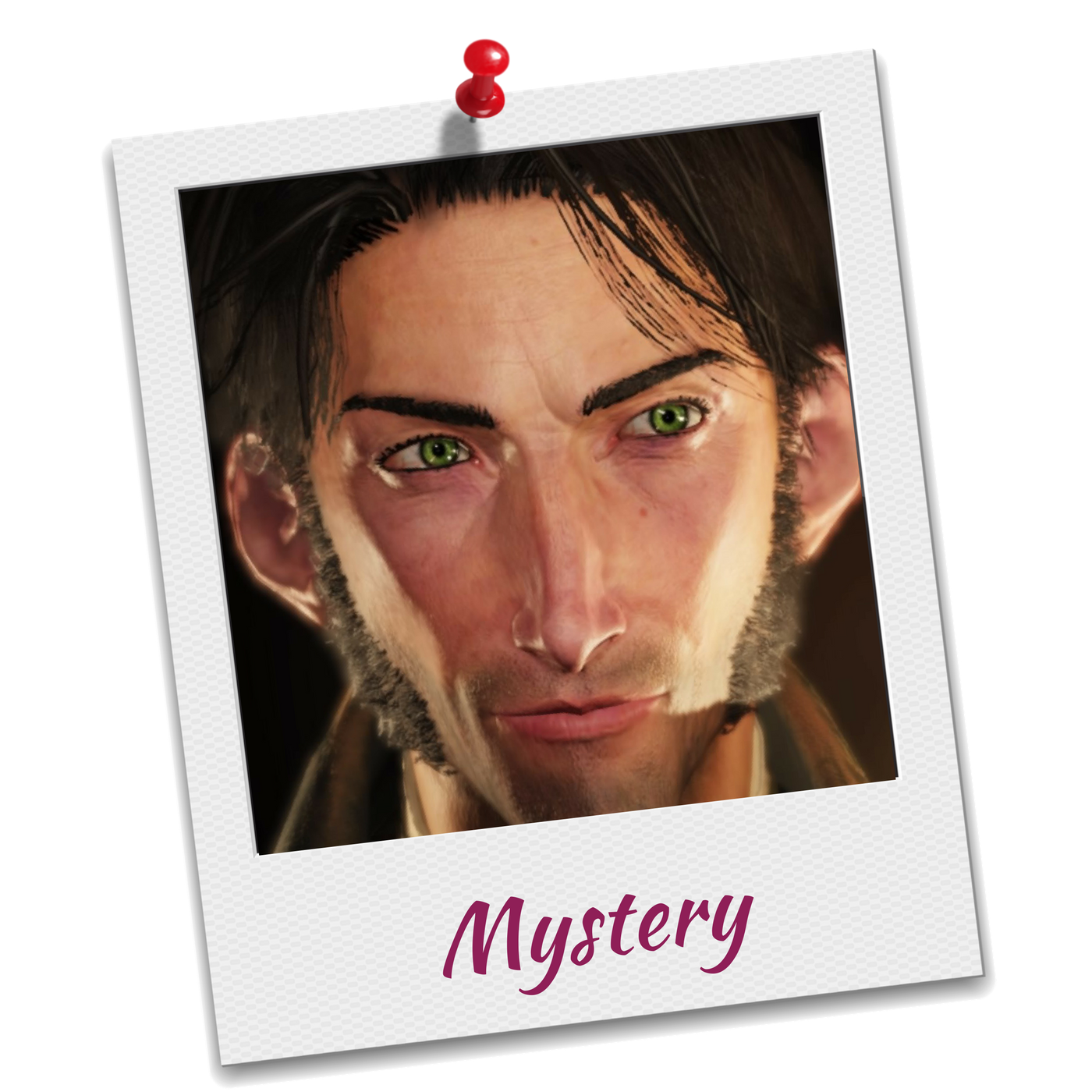Episode 1 of The Council, titled The Mad Ones, released this week claiming innovative changes to the narrative adventure genre. This episodic choice-driven narrative game integrates RPG elements, such as XP, leveling, and a skill tree, which is, admittedly, unique, and so far works well enough and even divides the episode into quests to maximize opportunities for allocating points to various skills. The gameplay itself started on shaky footing and after my first hour, I was unimpressed. Having completed the first episode and reflected for a few days, my first impression has improved a little, but I am still cautious to form a definite opinion of this game, one way or the other. In many regards, I feel this decidedly mediocre aftertaste is even worse than a strong but poor impression.
The first moments of The Council are certainly interesting ones, though not impressing ones, especially for our protagonist, Louis. I found Louis to be uninteresting, unrelatable, and regrettably forgettable. Everything you want to avoid in a protagonist, especially for this kind of game. I'm not adverse to an unlikeable protagonist, but he should at least have some dimension. (Besides, what kind of lunatic sleeps with absolutely no pillows?! And why is his pronunciation of "amber" so very creepy?) His very first dialogue was incredibly weak, in content and execution, particularly after the powerful entrances of the other two characters present in the opening scene. The opening scene, overall, though, feels almost like an afterthought. A deliberately intense tutorial that is rather disjointed from the following scene, a more traditional introduction to a game, and still contains many exhausting tutorial elements.
Louis seems to have a casual, obligatory interest in finding his Mother, but we don't see any real passion or conviction from him in that objective. Indeed, he is quickly accepting of his host's refusal to speak with him and continually sidetracked by requests from the other guests at the island. Oh, and he randomly succumbs to a vision and a nosebleed. Now where have we seen that recently? In the tradition of the genre, Louis is plagued by a needlessly expository and seemingly endless inner monologue in which he frequently feels the need to "recap" what the player has done in the previous few minutes. It seems as though this may have been done to aid the player in solving puzzles, but for veterans of the genre this is wholly unnecessary. As soon as Louis detects the scent of lemon in an inkwell, we know to look for an invisible message to be revealed with a heat source. Why must we listen to Louis work this out, painfully slowly, in a cinematic cutscene that can't be skipped? While this alone would be obnoxious, the dialogue itself is awkwardly worded ("I really must find you dear mother, and quickly too").
There are, however, several choices for which this game deserves credit. The world of The Council is an intriguing one, one where women are rising through the ranks of a secret order alongside men like George Washington. The cast of characters is varied and interesting (though don't get me started on the thoroughly unneccessary and excessive cleavage of the duchess). Sarah in particular, the protagonist's mother, is a strong and interesting character, though we've seen very little of her. Mechanically, the game does make use of the space above eye level, which is refreshing, and there was one point at which the game subverted expectations by allowing me to combine the "wrong" objects and partially destroy a clue.
This game was clearly inspired by the mystery adventure games of the past two decades, and brings to mind the environments, character art, and soundtracks of games like And Then There Were None, or the early Sherlock Holmes games (also published by Focus Home Interactive). The game is perhaps even too reminiscent of this era, in particular in its saturation with artifact clipping, characters walking through obstacles, flickering background assets, and the erratic behavior of the third-person camera. This even extended to the UI, which included object reflections the same color as the hotspot indicator, leading the player to believe in the interactivity of insignificant items.
The first episode contained a frustrating amount of inconsistency, from the wrong path triggering a cutscene with someone clearly standing elsewhere, to mis-labeled dialogue options and Louis referring to what the UI calls "Royal Jelly" as honey. The game also includes a mechanic wherein you can increase skills by reading manuscripts. Sounds reasonable enough. Yet, as you collect them, Louis will comment that he has read them before. Which means he must re-read them to gain those skills? Why didn't he gain them when he read them initially? While these inconsistencies and flawed logic have no real effect on the plot or the literal playability of the game, the inattention to detail is distracting. The game cuts corners rather obviously, ignoring instances where the character should have a reflection, and avoiding animation of traversing stairs altogether, opting for a clumsy fade out/fade in when the player interacts with a staircase. Where other games at least gave some pretense for not being able to access areas -- someone is inside, the door is locked -- this game just displays a UI element over doors you can't enter. You can't even try to open them. It's entirely immersion-breaking.
There are many games that strive for and achieve a feeling of freedom and agency in what is, in reality, a rather limited experience. This game does quite the opposite. Throughout the episode, I felt continually pushed in a very linear direction. I often inadvertently triggered cutscenes when I wanted to continue exploring, and was then punished at the end of the quest for "failing" to find all the clues. Unlike similar narrative games, I felt rushed to keep moving through the plot points, not due to any urgency in the writing or the characters, but due to clumsy interruptions of my investigation with dialogue I had not initiated.
This was only the first episode, and what The Council strives to do by combining the genre with RPG skill management is admirable, so I'll reserve my judgement. However, I am hesitant that any credit I ascribe to the game will be because I want so badly for it to be a truly valuable and innovative addition to the genre, of which I am quite fond. Where the protagonist is weak, he is surrounded by much more interesting characters in a beautiful environment, when it's not obstructed by glitches, so I intend to continue playing. Of course, The Council is a choice-driven game, so it will take a at least another playthrough and several more episodes to evaluate the amount of variance and the true weight of your decisions upon the results of the narrative. Accordingly, I will update this review as episodes are released, but for the time being, I will remain cautiously optimistic that the following episodes will create a more favorable impression.













